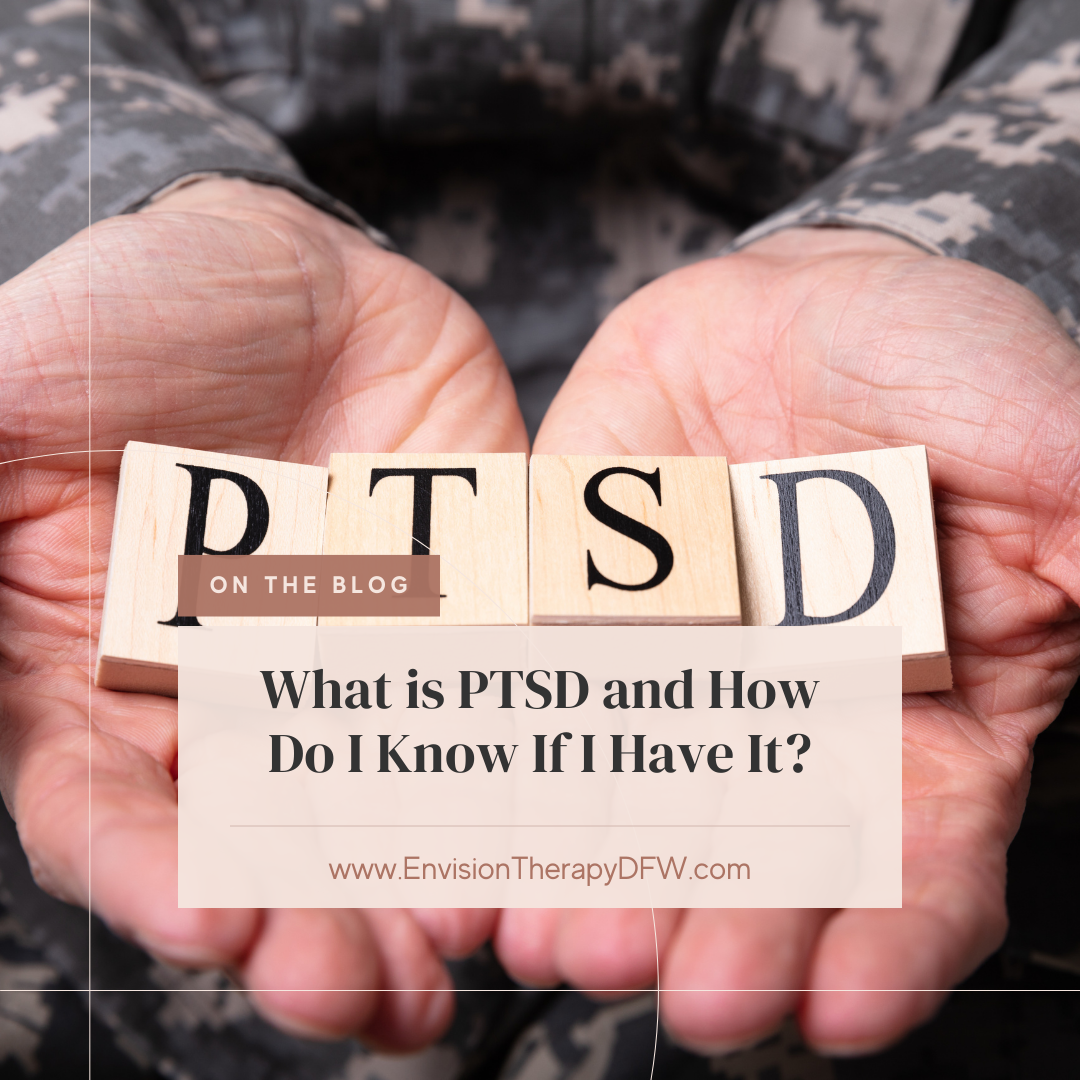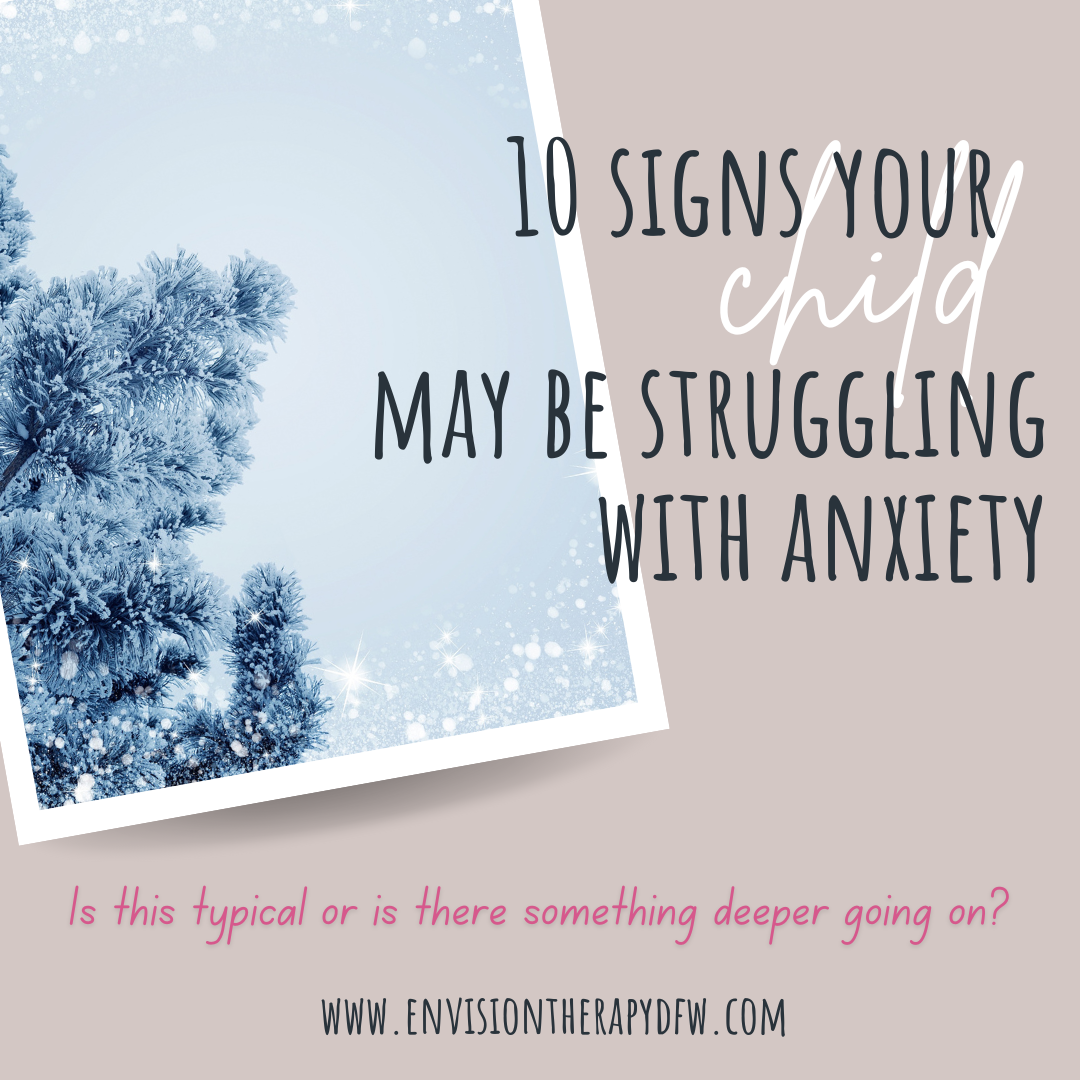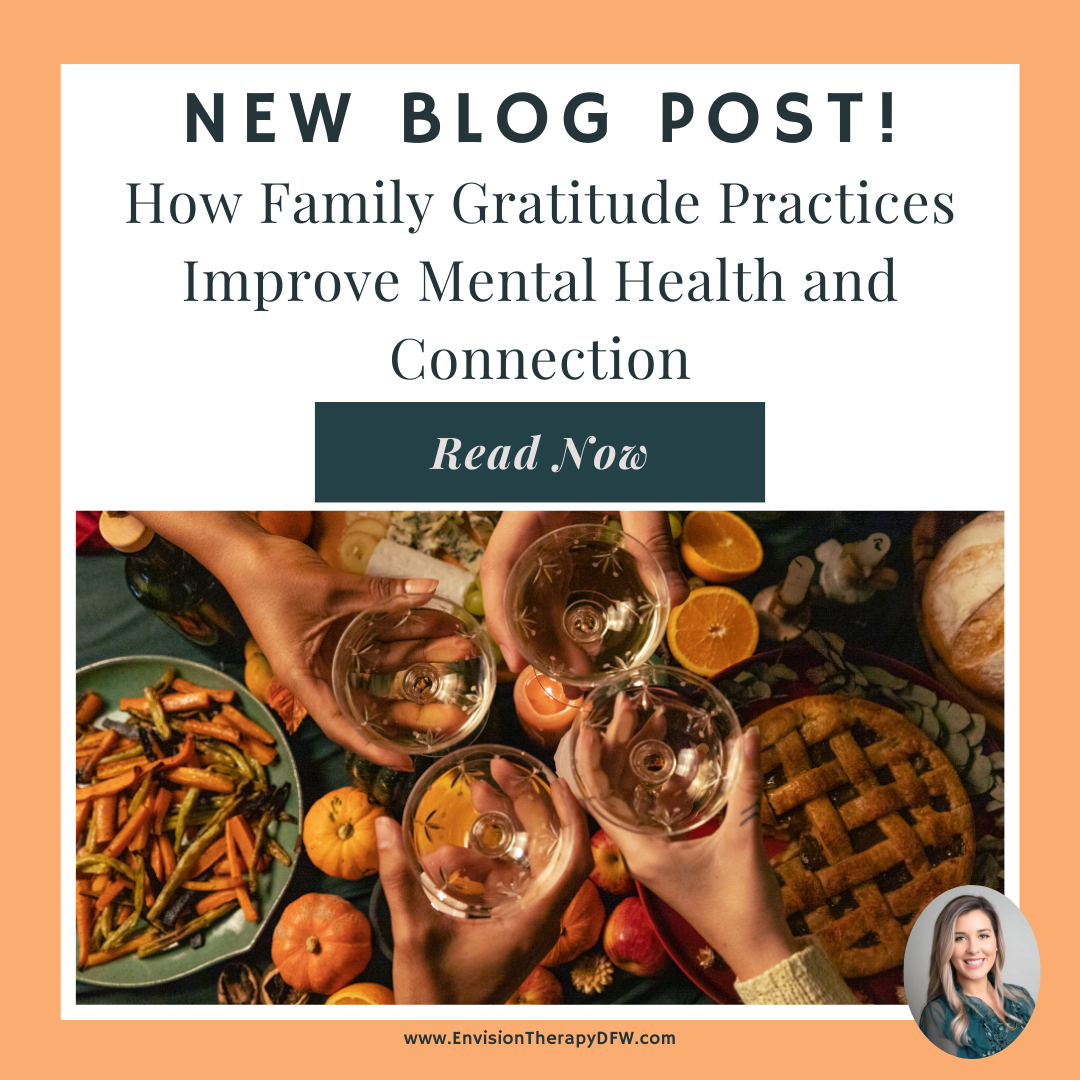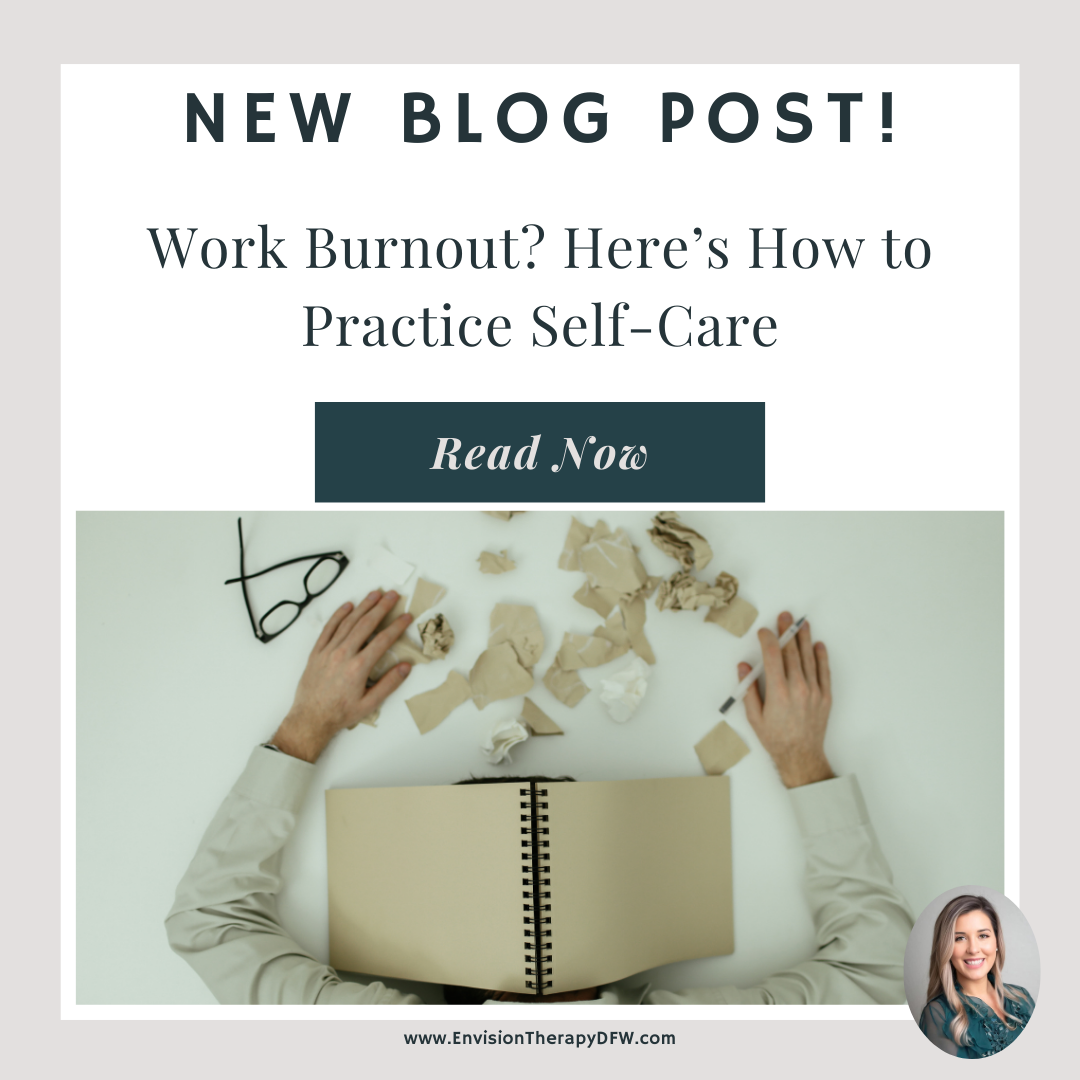-

What is PTSD and How Do I Know If I Have It?
•
If you’re experiencing persistent flashbacks, anxiety, or unsettling memories that you suspect may be related to trauma, this guide is for you. In “What is PTSD?”, we break down the neurobiology behind your stress responses in straightforward terms and clear up common misconceptions that might be holding you back from seeking help. You’ll find…
-
Why Are Young Adults Moving Back Home? The Truth About Boomerang Kids and Extended Adolescence
•
The boomerang kid phenomenon is more common than ever, with nearly one in three young adults living at home. This trend isn’t a sign of failure — it reflects economic realities, mental health struggles, and shifting societal norms. Many parents feel conflicted when their child returns home, but this transition can be navigated successfully…
-
How Trauma Impacts Extended Adolescence: Understanding the Connection and How to Heal
•
Unresolved trauma can significantly impact a young adult’s ability to transition into independence. It can cause emotional dysregulation, fear of failure, and avoidance of responsibility, all of which contribute to extended adolescence. In this article, we explore the hidden link between trauma and delayed adulthood. For parents, it offers practical advice on how to…
-
How Parents Can Help Young Adults Transition to Independence Without Pushing Them Away
•
Struggling with a young adult who hasn’t hit traditional life milestones yet? You’re not alone. Extended adolescence is a growing trend where young people take longer to transition into adulthood due to financial barriers, mental health challenges, and fear of failure. This article offers practical tips for parents to help their child move toward…
-
Why Are Young Adults Taking Longer to Grow Up?
•
Why are young adults taking longer to grow up? It’s not about laziness — it’s about extended adolescence, a phase where young people delay traditional milestones like moving out, starting a career, or becoming financially independent. In this article, we’ll break down the three major reasons for extended adolescence: brain development, economic realities, and…
-

10 Signs Your Child May Be Struggling with Anxiety
•
Childhood anxiety often hides in plain sight, showing up as stomach aches, trouble sleeping, or sudden meltdowns. As a parent, it’s natural to feel unsure about whether these behaviors are part of growing up or signs of something deeper. This blog will help you recognize 10 key signs of childhood anxiety, address common misconceptions…
-

How Family Gratitude Practices Improve Mental Health and Connection
•
Thanksgiving is more than a time to enjoy good food—it’s an opportunity to bring your family closer together through the practice of gratitude. Research shows that gratitude not only boosts individual well-being but also strengthens family bonds, creating an environment of empathy, connection, and positive reinforcement. This Thanksgiving, introduce simple gratitude practices like a…
-

Work Burnout? Here’s How to Practice Self-Care
•
Work-related burnout is more than just feeling tired; it’s a state of chronic physical, emotional, and mental exhaustion that leaves you feeling ineffective and overwhelmed. If work stress is taking a toll on your well-being, it’s time to prioritize self-care. This article offers practical strategies to help you recover, like setting boundaries to protect…

